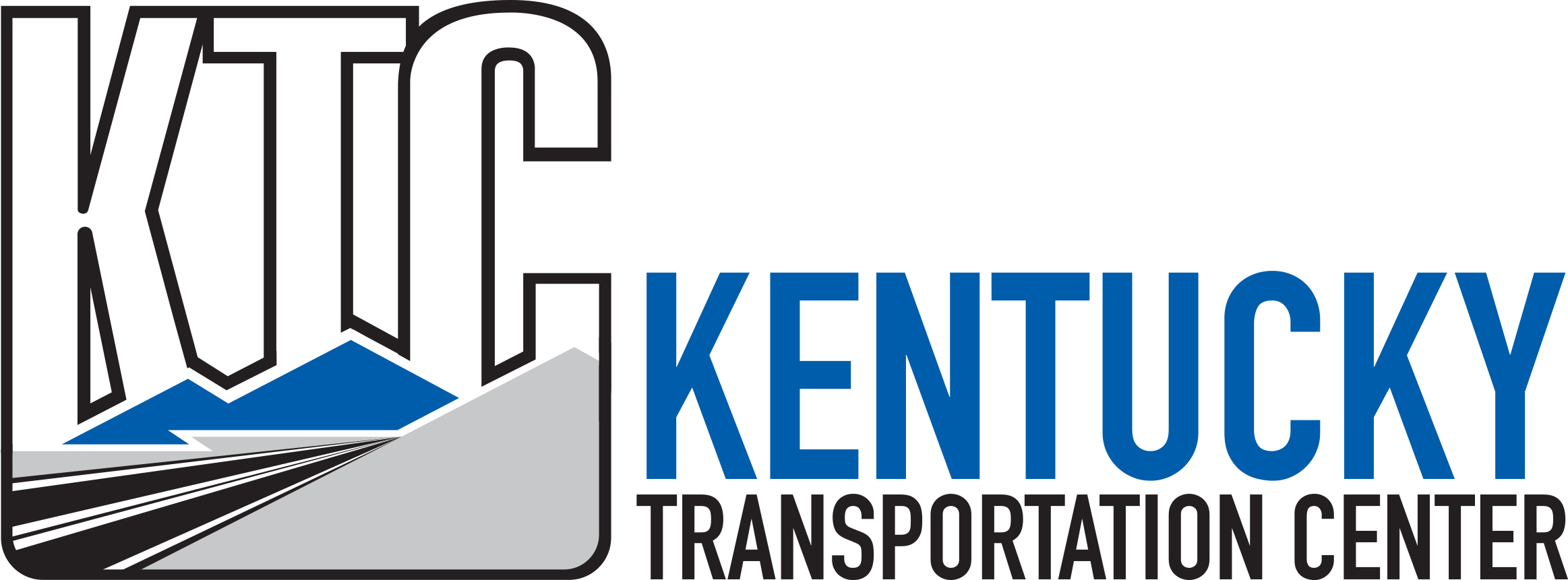Abstract
Numerous reinforced walls and slopes have been built over the past four decades in Kentucky, the United States, as well as worldwide. Tensile elements used in constructing low-cost reinforcing walls and slopes consist of metal polymer strips or grids. Although reinforced structures have been used extensively, the effects of corrosion on the metal tensile elements are unknown. Mechanically stabilized earth walls are expected to remain stable for many decades. An examination of the effects of corrosion of metal tensile elements used to construct these walls can provide invaluable data regarding the longevity of reinforced walls and slopes. Four mechanically stabilized earth walls constructed with galvanized steel reinforcing elements were instrumented and corrosion rates obtained. Corrosion data obtained indicate the designed sacrificial thickness will not be used during the design life of the structures. No visible corrosion was observed in reinforcing elements removed from a mechanically stabilized earth wall that had been in service for more than 20 years. A database was constructed to manage inventory of mechanically stabilized earth walls constructed and maintained by the Kentucky Transportation Cabinet.
Report Date
9-2005
Report Number
KTC-05-28/SPR239-02-1F
Digital Object Identifier
http://dx.doi.org/10.13023/KTC.RR.2005.28
Repository Citation
Beckham, Tony L.; Sun, Liecheng; and Hopkins, Tommy C., "Corrosion Evaluation of Mechanically Stabilized Earth Walls" (2005). Kentucky Transportation Center Research Report. 177.
https://uknowledge.uky.edu/ktc_researchreports/177



Notes
The contents of this report reflect the views of the authors, who are responsible for the facts and accuracy of the data presented herein. The contents do not necessarily reflect the official views or policies of the University of Kentucky, the Kentucky Transportation Cabinet, nor the Federal Highway Administration. This report does not constitute a standard, specification, or regulation.